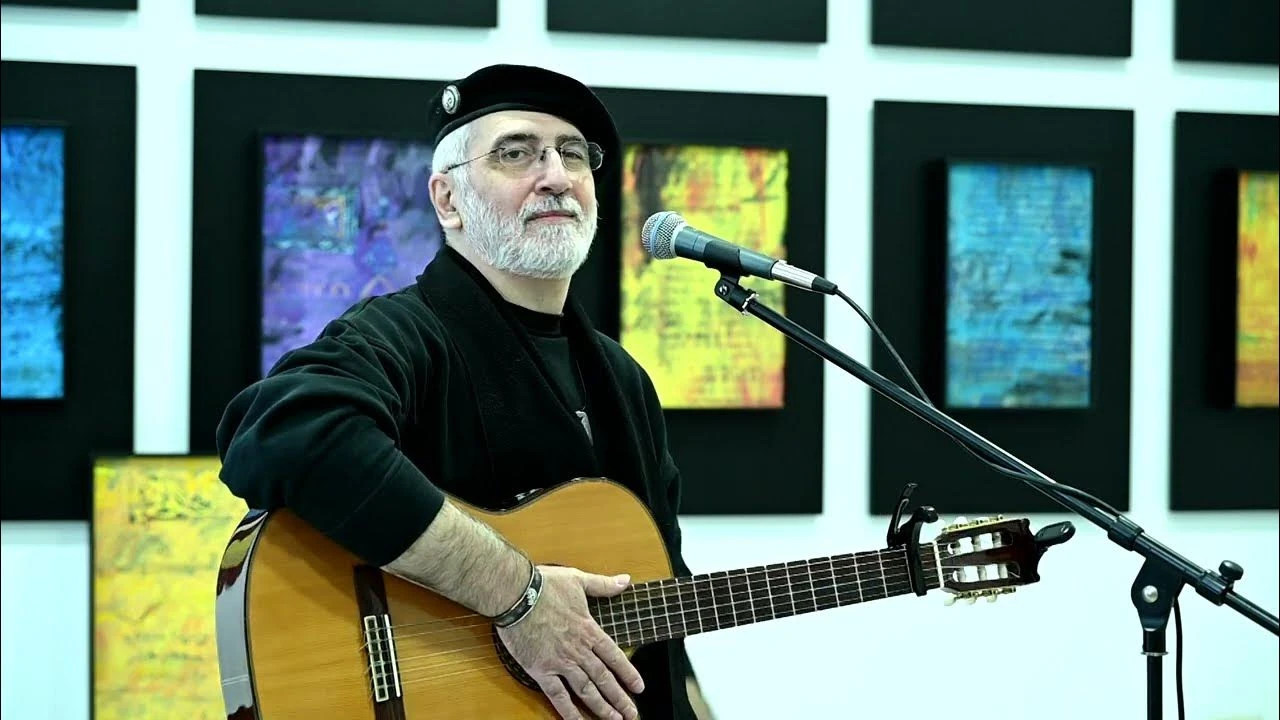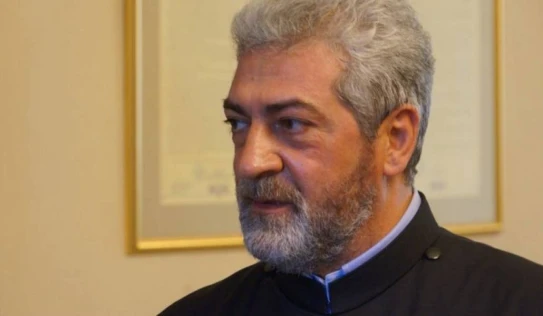The draft law "On Amendments and Amendments to the Law on the Basics of Cultural Legislation" was adopted by the National Assembly in its second reading. According to the project, the word "national" will be replaced by "national" in the case of about 11 exclusive cultural institutions such as the opera theater, gallery, and library.
Since the issue received a lot of attention these days, CP circles began to actively spread clarifications that the word "national" has not been removed from the name of any organization, it's just that from now on we will have "National Gallery of Armenia" a gallery of national importance or "National Academic Theater of Opera and Ballet". theater of national significance, and so on, he writes
"The square".
For musician, songwriter Vahan Artsrunu, looking for any rational basis or logic in the legislative initiatives of today's government, especially in the fields of culture and art, is pointless. "We see a lack of provisions for a systemic approach, they seem to be separate initiatives, but trying to find a rational justification is very difficult, because I have the impression that they are either ideas that appeared spontaneously, which are in the law or legislative format are presented to the society, or this is a way to create false agendas, because they understand very well that the division of such domains causes enormous tension in the society.
Society, as such, has clearer ideas about its own culture and more accurately perceives the red lines that cannot be crossed when you talk about national culture, heritage, species raised among the intelligentsia, among the people," says Artsruni and refers to the clarifications of the government representatives after the adoption of the law. or in professional domains, start spreading "clarifications" on the Internet that you misunderstood, we meant something else... that is, this is either a manifestation of undeveloped theses, or they really are not oriented in the fields where they want to make changes".
According to Artsrun, reference to such topics and concepts is not only outdated, but also pointless. "There is no need to change anything in the field of these concepts and there will not be any in the future, because these concepts were refined and formed in Soviet times and even under enormous communist ideological pressures, they established themselves as national institutions."
According to the musician, these people lack deep understanding of the word "national". "And since that realization is incomplete, or they don't understand the meaning of that word, they try to add it with other concepts, and again we come to the thesis that this is a manifestation of an unthought-out, unconscious attitude, and for the umpteenth time, they are their own fire with their own initiatives. because even if 65 people voted in favor of this law, naturally, tomorrow, after the change of power, all this will be brought back, because the situation, in the sense of concepts, cannot changed.
"What is national is national, what is state is state, and what is public is public. In other words, you cannot change the nature of these fundamental concepts with new interpretations." has to deprive these large cultural structures of their immunity, does he have such a fear that this may affect the property or creative integrity of these structures in the future?
"I listened to one of the committee's sessions, which was dedicated to the discussion of the law, and when such a question was raised, a female deputy (referring to Taguhi Ghazaryan) explained that if all printing houses, which are obliged to donate 2 copies of every new book printed to the National Library, donate books to all regional libraries in the same way, then the number of books will be distributed only among libraries, therefore, a status distinction should be introduced... you can you imagine the extent of superficial perceptions when reasoning is done at this level... i.e. you want to explain to me the need to adopt a law or make a change with 2 books, with the trouble of a printer?
Not only does he not understand the nature of the law, but he is also unable to explain it. can enter into discourse.
But since these people are 65, then this circumstance does not cause any contradiction or antagonism among them, because the problem is perceived at the level of the printer's concerns, and our desire to understand what these people want is doomed to nothing, because their perception and ideas are very far from the ideas of the national".
Artsruni also points out who is expressing his displeasure with this law today. "Only the national and cultural figures and the state and cultural figures are silent. In this sense, this initiative is an unseen marker for the society, so that it understands that whoever speaks and expresses his attitude towards this law is national, and whoever does not express it is state.
In this case, we need to understand who they are, who should have expressed their attitude, as national and cultural figures recognized by the state, but they are silent....
Therefore, maybe those people are not so national, even though they were given titles and special treatment by the state. Where are their voices and attitude towards all this?
I also see a huge moral problem here, because in such situations they are obliged to express their attitude."


